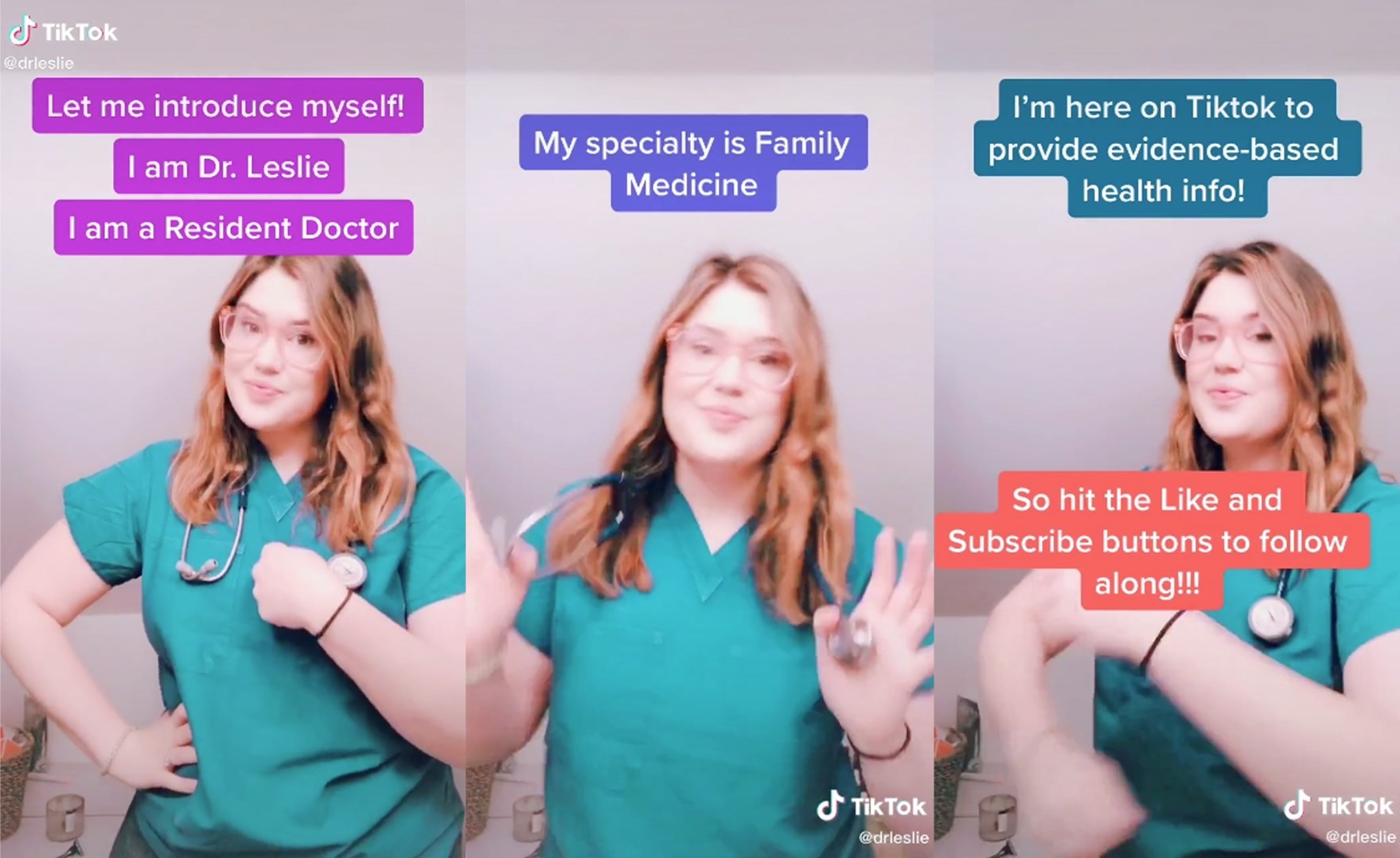President Biden recently signed a bill on April 24 that could lead to the potential ban of TikTok if its Chinese parent company, ByteDance, fails to sell the app within a year. Lawmakers have raised concerns about TikTok’s national security implications. However, if another company acquires TikTok, the app is likely to remain accessible to its 170 million American users.
Despite its popularity, TikTok has been criticized for promoting health misinformation. Reports indicate that content related to self-harm and eating disorders is shared every 39 seconds on the platform. Some concerning trends on TikTok include “beer tanning” for skin tanning, “bone smashing” techniques for facial attractiveness, extreme dieting with only eggs and oranges, DIY dental treatments, and potentially harmful challenges like the “75 Hard” workout plan that led to hospitalization for one user. There are also instances of promoting the consumption of borax, a laundry additive, for health benefits.
Research has found that TikTok videos related to COVID-19 contain moderate to high levels of misinformation, with certain videos reaching millions of views.
A recent study by researchers from the University of Chicago examined health-related content on TikTok, particularly focusing on sinusitis. They analyzed 221 videos with over 300 million views, posted by 1 million TikTok users. Nearly half of these videos were created by non-medical influencers, and a significant portion came from lay individuals and medical professionals. While most videos were educational, those from non-medical influencers and laypeople often contained inaccurate information compared to videos from medical professionals.
Dr. Christopher Roxbury, a surgeon and rhinology expert at UChicago Medicine, emphasized the challenges posed by misinformation on social media platforms like TikTok. He highlighted the importance of healthcare professionals increasing their presence on such platforms to provide accurate information and counteract misinformation.
As discussions continue about the fate of TikTok in the U.S., individuals watching health-related content on the platform are advised to critically evaluate the sources of information and seek advice from reliable sources, such as healthcare providers, for medical guidance.
Previously on Health News: Alarming Report: Lunchables Show High Lead and Sodium Content
